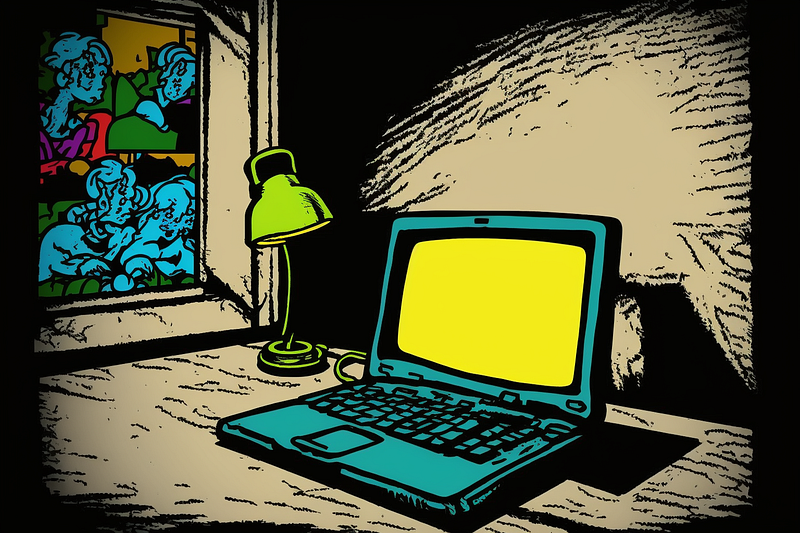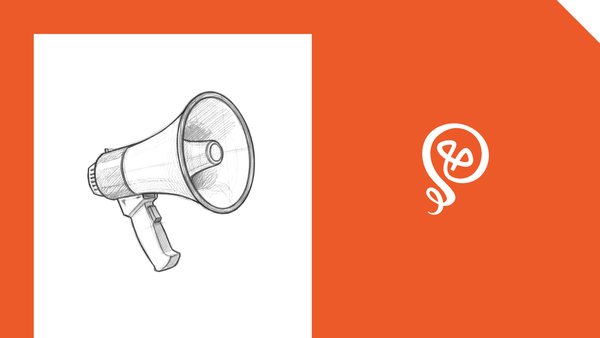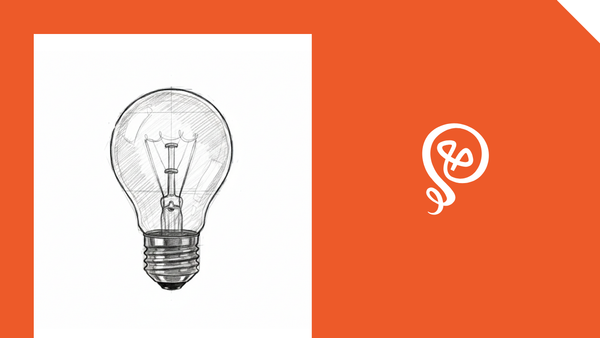Writing Throughout an Exhausting Pandemic
Being creative is difficult in the best of times, let alone the worst

I am no stranger to pouring out my feelings onto paper (or the computer screen, as it were). I have written through grief, working through the waves of emotions over many months and years. I’ve even managed to submit stories to publications, wanting my stories to reach an audience. There was something comforting in hearing from people who had similar experiences or having people say, “Thank you for sharing your story.”
What’s so different in writing about a singular — albeit devastating — point in my life and this pandemic is the length and the unknowns. When I wrote about grief, I innately knew that some day it would not be as hard. Time would, as it were, heal — even if the precise length of time were fluid.
For people who write, whether for a living or for themselves, the Covid-19 may have felt like it has stunted all creativity. It is hard to focus through exhaustion, anxiety, and stress.
I’ve always had writing goals for myself, never wanting to have regrets about things left “unsaid.” I have daily journaling habits that have become less consistent. I write both professionally and personally, and there are days when no words flow because I am trying to decide between consuming the latest pandemic news and wanting to hide under a blanket.
Yet as one year wraps up and the next one begins (and now two years into the pandemic), I’ve had to consider how I approach writing. I don’t want to feel like I’ve accomplished nothing, but I still have to recognize that writing is not something that can be forced.
Give yourself extra space and grace
I have been a writer for a long time, but it was only in 2021 that I began writing professionally. Some days it was easy; other days, it was exceptionally hard. I’m not talking about simple writer’s block — I’m talking about crushing anxiety induced by forces outside of my control that rendered me incapable of writing. There are many tips to improve productivity, but I still felt like I was coming up short.
Time has certainly felt non-linear throughout this pandemic, sometimes passing by at breakneck speed and other times feeling like the days were at a crawl. The same could be said for writing. Anything estimates I had about how long it would take me to write 1500 words were gone.
I had to learn to plan that everything would take longer. If I happened to finish an assignment early, fabulous. Something that might have taken me two hours I would instead plan for eight: meandering through the day, writing only a few sentences in one sitting, and lots of time for edits.
Professional writing has to come first: my livelihood depended on being paid for my work. This often means that when I need to take more time to finish an assignment, I do not have time for my own projects. In the back of my mind, I could see all of my untouched personal writing and felt like I was failing.
I finally had to acknowledge that I am doing the best that I can. Some day, I’ll fall back into a good writing routine — but that time is not now. Adding pressure to myself when I’m already dealing with varying levels of stress isn’t good for my mental health. When I do sit down to write for myself, I can feel accomplished.
Focus on what you *can* accomplish
Writing isn’t like other professions. I worked in fintech for a long time (including all of 2020), and I could easily find tasks that did not require a lot of thinking to occupy my time. But anything creative, where something new is produced, requires a different kind of brainpower.
Even though the actual writing was sometimes foreboding, I found other things I could do to help myself when the words did not flow.
- Research: I could find stats or read other supporting materials to accompany my work (and take notes).
- Outline: I could begin to draft the shape of my article, including as much or as little detail as I could muster at the time.
- Plan: I could look ahead to my due dates and prepare for the blocks of time I would need to get a draft done, taking into account my research and outline.
- Administration: This sounds fancy, but refers to other tasks related to my writing: client or editor communications, billing for freelance work, etc.
Throughout all of this, I tried to maintain some writing habits — even if that habit varied a bit from day to day. There is a lot of benefit to consistent writing habits. For me, it keeps my writing muscles flexed and also keeps me grounded. I try to write in my journal for a minimum of one page per day, even if the writing is absolute garbage.
Embrace the cathartic aspects of writing
While hard times can sometimes make writing feel impossible, they can also open a floodgate for words. They don’t have to be good words or perfect words, but capturing feelings and giving them names is an essential part of the writing process.
This type of writing can either be public or private. I do both, sharing some of my lowest moments and also keeping some of my reflections to myself. I’ve produced some beautiful and terrible poems, scribbled essays, and stream-of-consciousness rants. In these moments, writing feels like the only thing I can control when everything else feels outside of my control.
I have also drawn on the support of a community of fellow writers. These people face the same struggles, balancing their professional and personal writing while also dealing with the pandemic’s impacts. I can turn to this group and say, “I’m having a terrible day,” and immediately be met with understanding and empathy.
As writers, we have a powerful gift: the ability to express ourselves and make sense of the world. Writers have captured the trials of their worlds throughout history, and the Covid-19 pandemic will be no exception. While writing can feel heavy at times, it can also be a form of self-care as we navigate from one day to the next.
You can read about the future of work and career pivots on my Substack.





